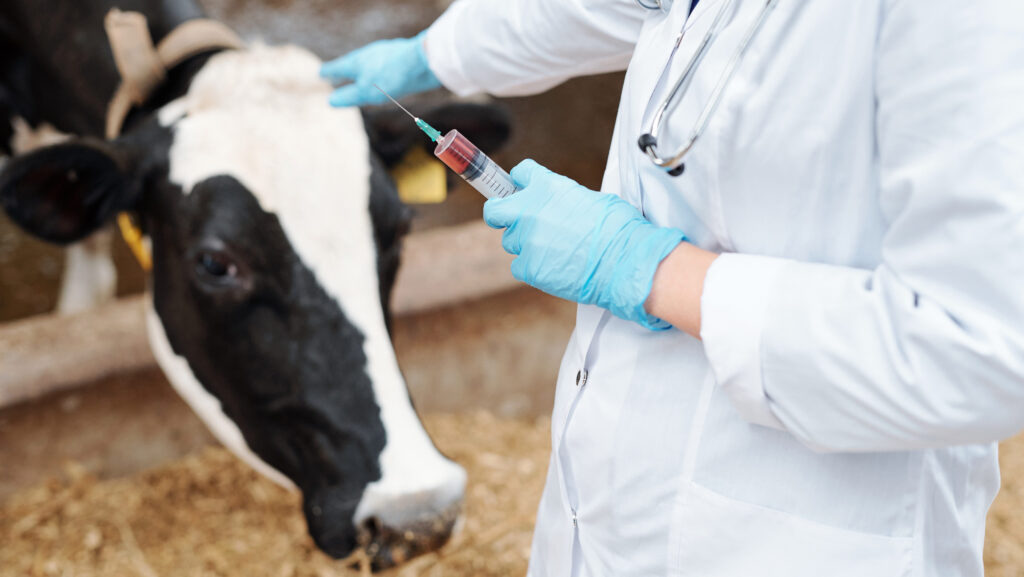NI farmers face mounting threat to vet med supplies
 © Adobe Stock
© Adobe Stock Livestock farmers in Northern Ireland could be left with access to fewer veterinary medicines, as a result of changes to the Windsor Framework agreement next year.
Proposed changes mean that veterinary medicines will need separate authorisations for Great Britain and Northern Ireland from 1 January 2026, which is expected to limit product availability and the range of available pack sizes.
Analysis by the Animal Health Distributors Association (AHDA) has estimated that up to 40% of the veterinary medicine pack sizes available to NI farmers could be discontinued as a result of this.
See also: Pig industry responds to antibiotics use criticism
Meanwhile, the government’s own estimates indicate that just 10-15% of veterinary medicine ranges would be discontinued in Northern Ireland.
Small and medium-sized farmers could be hit hardest by the proposed changes with producers forced to order larger volumes than needed due to the reduced availability of smaller pack sizes.
The AHDA has written to the House of Commons and House of Lords, urging them to reinstate and align veterinary medicines with human medicines under the Windsor Framework.
AHDA secretary general Bryan Lovegrove said: “This will leave Northern Ireland animal owners at a complete disadvantage, unsupported, and lacking access to the products that are available across the rest of Great Britain.
“Northern Ireland is being set adrift from Westminster policy and oversight, and the cost will be reduced animal health and welfare which will be out of the control of farmers, vets and SQPs [Suitably Qualified Persons], whose hands will be tied.”
Welfare impact
The Ulster Farmers’ Union (UFU) has also voiced its concern over the proposed changes to supplies of veterinary medicine, warning that it could impact animal welfare.
UFU president William Irvine said: “When small and medium pack sizes – which are essential for our farming structure – are removed, farmers are forced to buy larger, more expensive volumes.
“This increases costs, creates waste and, most concerningly, limits the choice of active ingredients. This is a direct threat to our ability to manage animal health responsibly and fight antimicrobial resistance.
“This policy is an issue of both economics and animal welfare. It forces farmers to tie up more finances in medicine overstocking to prevent supply issues, or risk having untreated animals due to prohibitive costs.”
